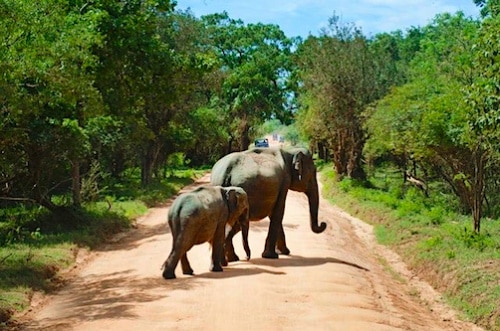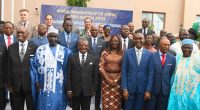After setting up a National Committee for Sustainable Development (CNDD) in February 2023, the Togolese government has announced the creation of the National Office for Protected Areas (ONAP), which should help to conserve the country's natural potential.
Togo continues to make progress towards achieving the 15th Sustainable Development Goal (SDG) on preserving terrestrial biodiversity. The Togolese government has just created the National Office of Protected Areas (ONAP). This decision comes a few months after the adoption of a “draft bill” on the creation and management of protected areas in this West African country.
The mission of this public body is to “implement national forestry policy in terms of the sustainable management of national parks, wildlife reserves, habitat and species management reserves, natural resource management areas, areas of hunting interest and zoo-botanical gardens”, according to the Togolese Ministry of the Environment, which is responsible for its technical supervision.
ONAP will therefore be working to conserve Togo’s protected areas. These include the national parks of Fazao Malfakassa (the country’s largest at 1,920 km2) and Oti-Kéran in the north, the bird-rich wildlife reserves of the Oti valley and Sirka, recognised by the International Union for Conservation of Nature (IUCN). There are also the classified forests of Missahoé, created in 1953, and Togodo on the north-western border of Benin.
Read also-Global Green Growth Institute: Togo’s membership finally approved in Seoul
This new step taken by Lomé should be welcomed by the United Nations Development Programme (UNDP), one of its main partners in nature protection. The UN agency has already mobilised 1.6 billion CFA francs (2.4 million euros) to finance the conservation of the national system of protected areas, the preparation of national documentation on climate change and even the development of eco-villages in Togo.
Benoit-Ivan Wansi







